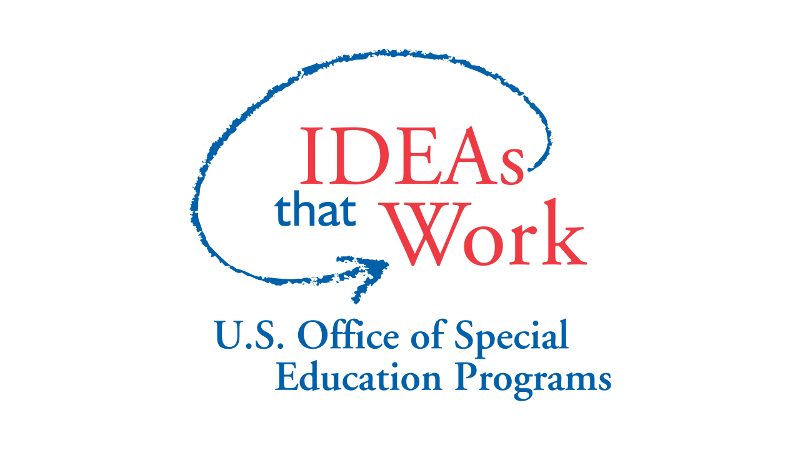CAST Partners with KU to Improve Technology Use in Special Education

Date:
Monday, March 15, 2021
CAST is partnering with the University of Kansas (KU) to launch the Center for Innovation, Design & Digital Learning (CIDDL) to connect researchers, educators and higher education faculty across the country to improve the use of technology in special education.
The U.S. Department of Education, Office of Special Education Programs awarded the five-year, $2.5 million grant to KU’s School of Education & Human Sciences and Department of Special Education.
“A large portion of what we’re doing is building networks so we can increase innovation in the field across the nation, especially among those in education who have an impact on students with disabilities,” says James Basham, PhD, CAST’s Senior Director of Innovation and Learning and Professor of Special Education at KU. “What we’ve known for decades is technology tends to be a difficult thing for people in education to conceptualize how it can be used in practice. But we believe the field has a lot of great innovative potential and power within it. There is a lot of knowledge and skill. We just have to bring it forward, and I think we can transform the field by empowering people to work together.”
CIDDL will be led by Basham and his KU colleagues Sean Smith, Yong Zhao, Kathleen Zimmerman, and Ling Zhang. They will partner with CAST, researchers at the University of Central Florida, and the Metiri Group, a national leader in educational technology and evaluation.
Anyone working in special education, higher education, educational research, or technology development is invited to join the center or collaborate with others at ciddl.org.
“Technology, by and large, is about solving problems,” says Basham. “Getting faculty members, researchers and educators together to improve special education, early intervention and personnel preparation through a better understanding of the potential of technology is something we feel very strongly about, and we really want to help all faculty members at institutions big and small across the country.”
